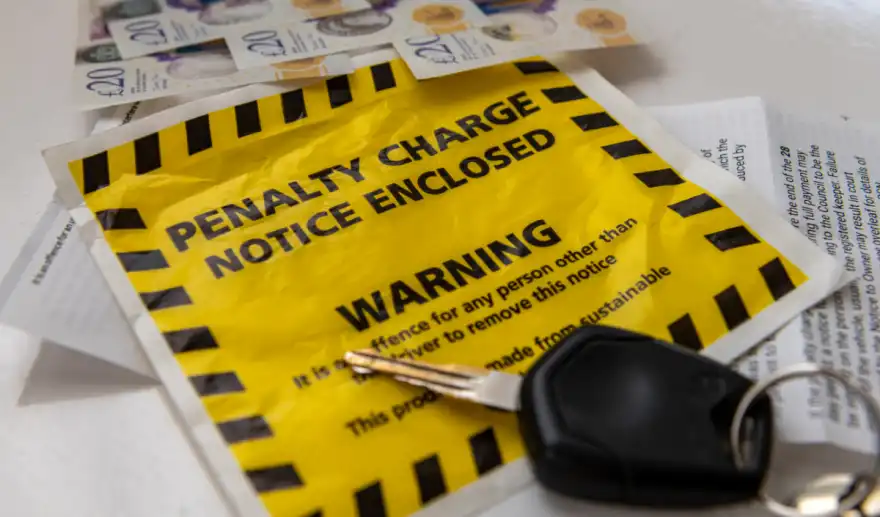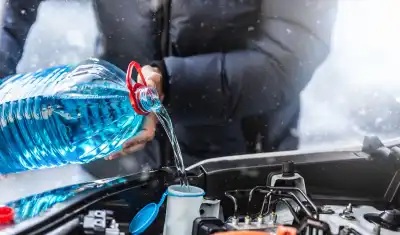
The number of drivers facing bailiffs at their doors has doubled since the pandemic, with four million road offence penalties sent to enforcement agencies in 2023-24, compared to 2.4 million the year before, and 1.9 million in 2019-20.
This spike is partly due to the expansion of clean air zones like London’s ULEZ, but bailiffs also blame "selfish" drivers who intentionally break traffic laws. Recent social media videos show drivers blatantly using bus lanes as VIP lanes and parking on double yellow lines.
Russell Hamblin-Boone, head of the Civil Enforcement Association, says this increase is due to a backlog of court cases from the pandemic, but also new national policies like ULEZ and clean air zones, and what he calls a "fracturing of the social contract." Before, most penalties were parking-related, but by 2022, that dropped to under 50%, with more fines coming from clean air zone violations and road tolls.
Hamblin-Boone also linked the rise in fines to a growing disregard for rules, saying: "People have given themselves permission to act with impunity. Antisocial behaviour is being normalised and we see selfish actions daily."
He continued, "Motorists not respecting rules, parking where they want and ignoring traffic regulations."
Mr Hamblin-Boone also noted the cost of living crisis has made it harder for some drivers to pay fines.
AA president Edmund King called the data a "stark reminder to drivers that you can run but you can’t hide" from penalties.
But he also noted that new rules, like bus lanes and low-emission zones, make it harder for drivers to avoid fines.
"Our concern is that sometimes drivers can’t concentrate on the road and driving safety because they’re paranoid about being snapped with a camera," he said.
"Drivers who aren’t intending to break the rules do get caught by the system."
King criticised these areas as "cash boxes" for councils, suggesting they often prioritise income over improving traffic layouts. "Some local authorities get dependent on that income, and rather than change the layout of a junction they leave it as it is," he said.
The financial strain on councils is also significant. The IFS think tank warns that even if council taxes rise, it won’t fill the funding gap, which could push council tax bills up by £600 by 2029. In some cases, bailiffs seize cars and sell them when fines go unpaid, with about 0.1% of motorists losing their vehicles this way.
A Local Government Association spokesperson emphasised that councils aim to use bailiffs only as a last resort, and fines help fund essential services like road repairs and reducing congestion. Meanwhile, the British Parking Association (BPA) noted that the expansion of traffic schemes has naturally led to more enforcement, but called for changes to make the system more efficient, including increasing the value of penalties to better deter repeat offenders.




